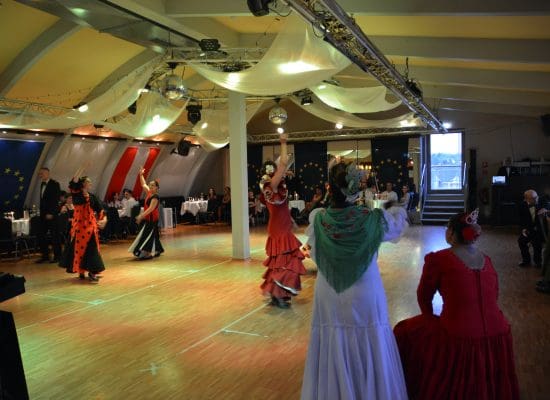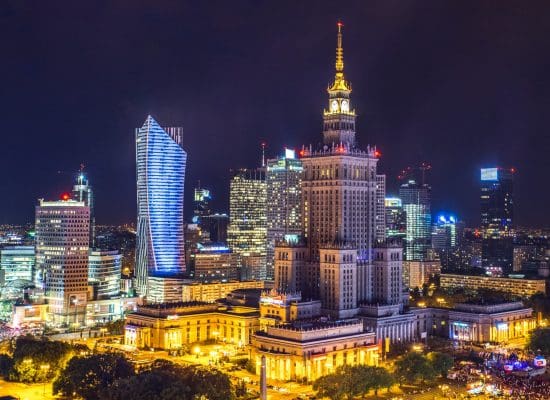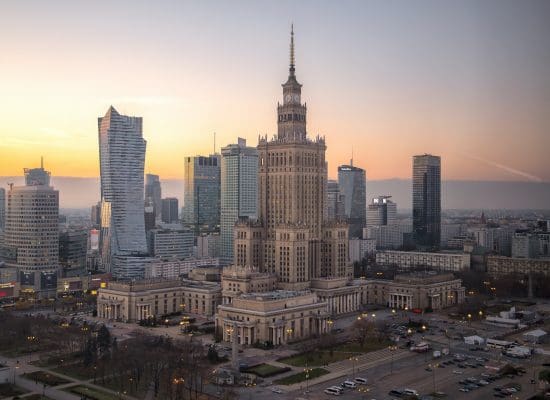Post photo: Colorful Republic of Germany | © Peter H on Pixabay
For the last 70 years, the naming of our “united Europe” has not only been fought in German-speaking countries. Since that time there have been two popular terms. On the one hand the concept of the European Union, which was passed with the Hertensteiner Program in September 1946 and on the other hand the concept of the United States of Europe, which was prominently used by Winston Churchill but was already represented at Altiereo Spinelli was in use in 1941. Another term that is also found in Spinelli has almost fallen into oblivion, namely that of the “European federation”.
In the course of the last few decades, the first two terms have repeatedly been put forward by many European federalists in a publicly effective manner. In the end, however, the concept of the Hertenstein program caught on with everyone involved in Europe and we got a European Union.
Beginning with the "fundamental debate", a discussion about the naming of our "future Europe" was sparked again and has reached its climax with a "first-semester solution", namely the concept of a "United Europe".
The real reasons for the desire for a new terminology are manifold and also reveal a euphemistic tendency.
If we decide to rename the European Union in a further contractual "revision", I advise not to introduce any new terms, but to fall back on terms that have been well established for decades. I'm happy to admit that the term "European Federation" has a special charm and also the potential to resolve existing duplications of terms affecting our own association.
Should we choose the European federation, then we could also follow our own youth organization, which changed its name from Bund Europäischer Jugend to Young European Federalists back in the 1950s. As European federalists (of Germany), we could also create more transparency for the less interested fellow citizens and would have overcome the fact that two political parties have the same name, to the benefit of everyone involved.
"And this shows how much easier it is to be critical than to be correct."
Benjamin Disraeli in his speech at the House of Commons (January 24, 1860)







